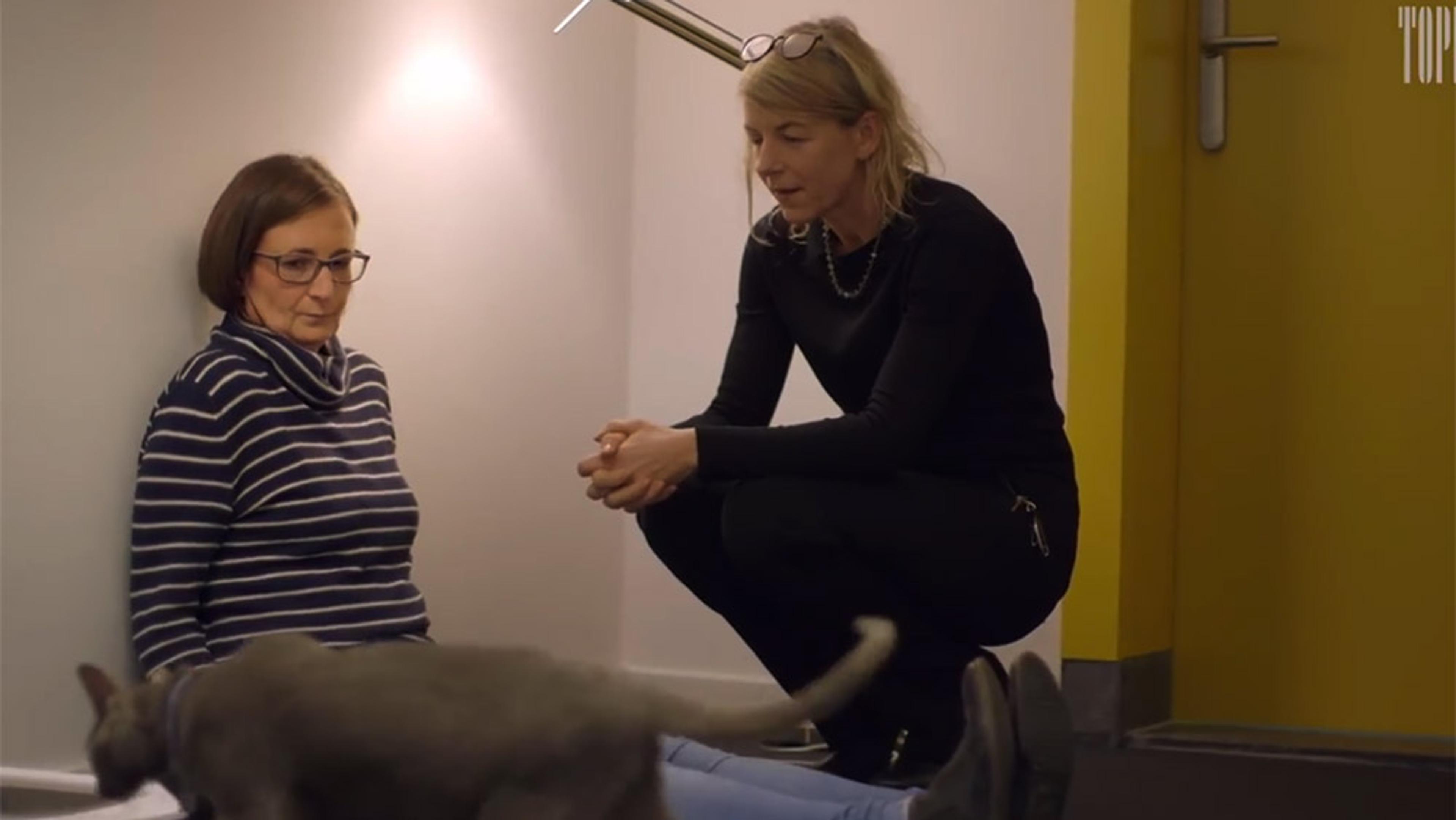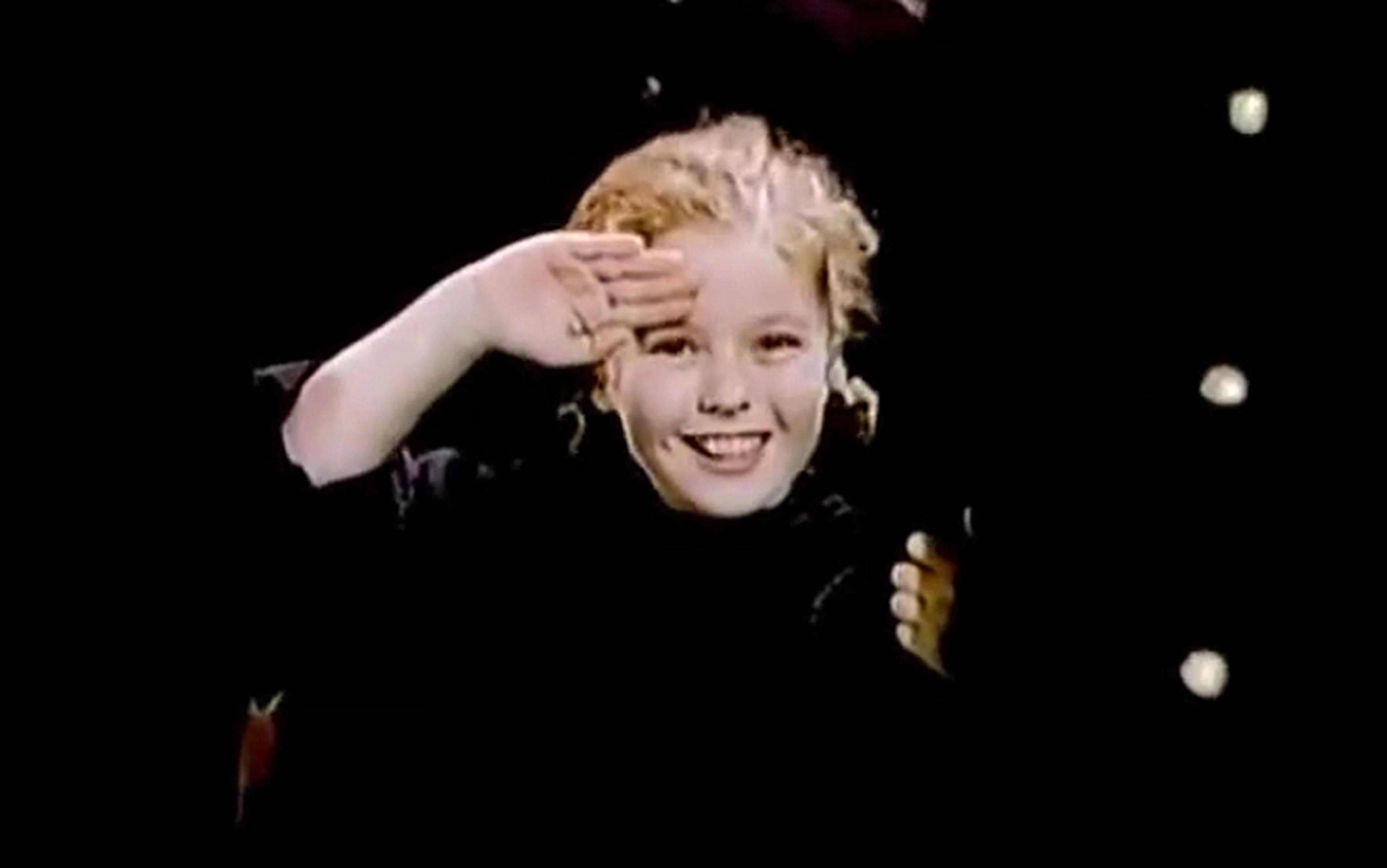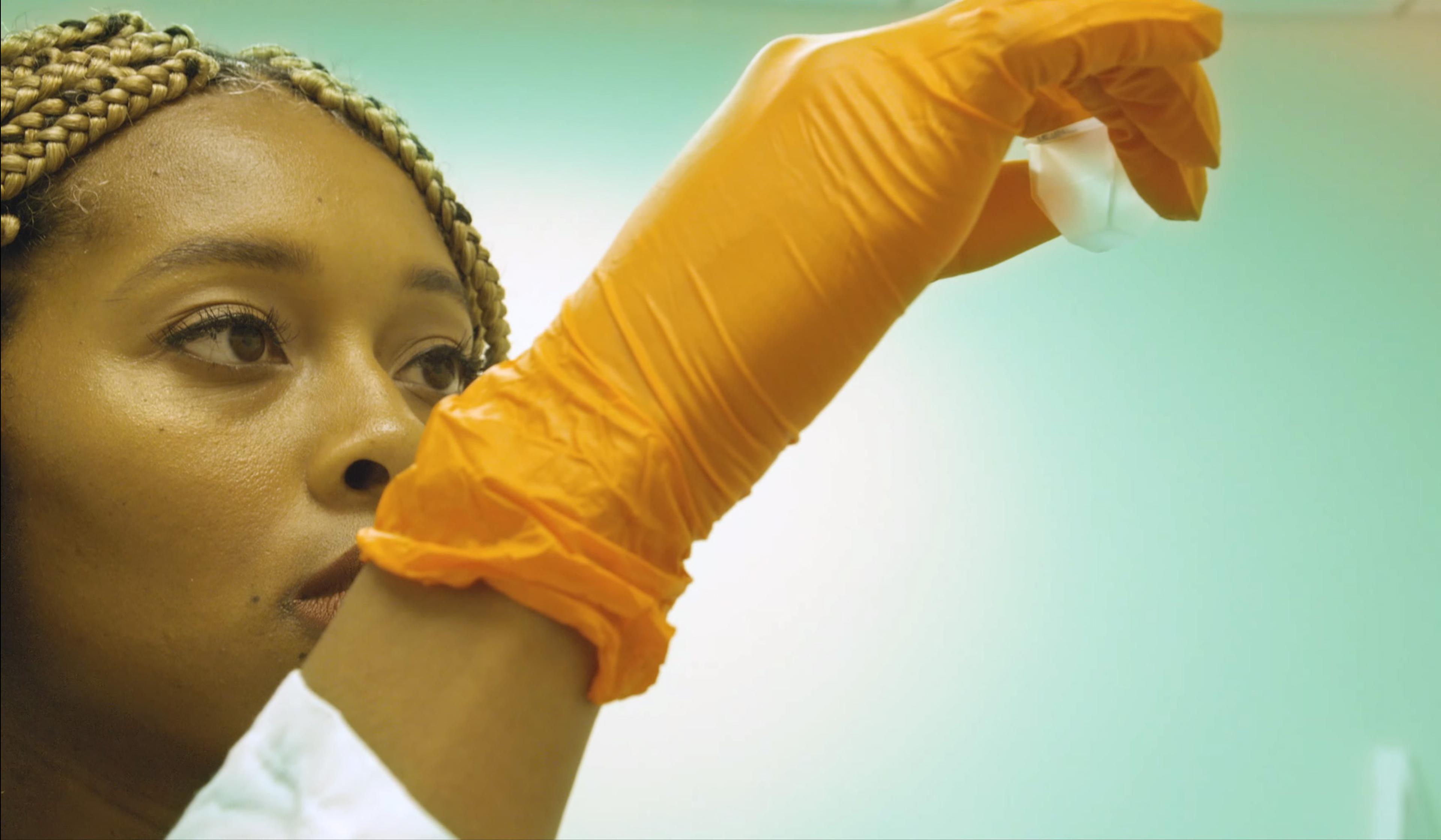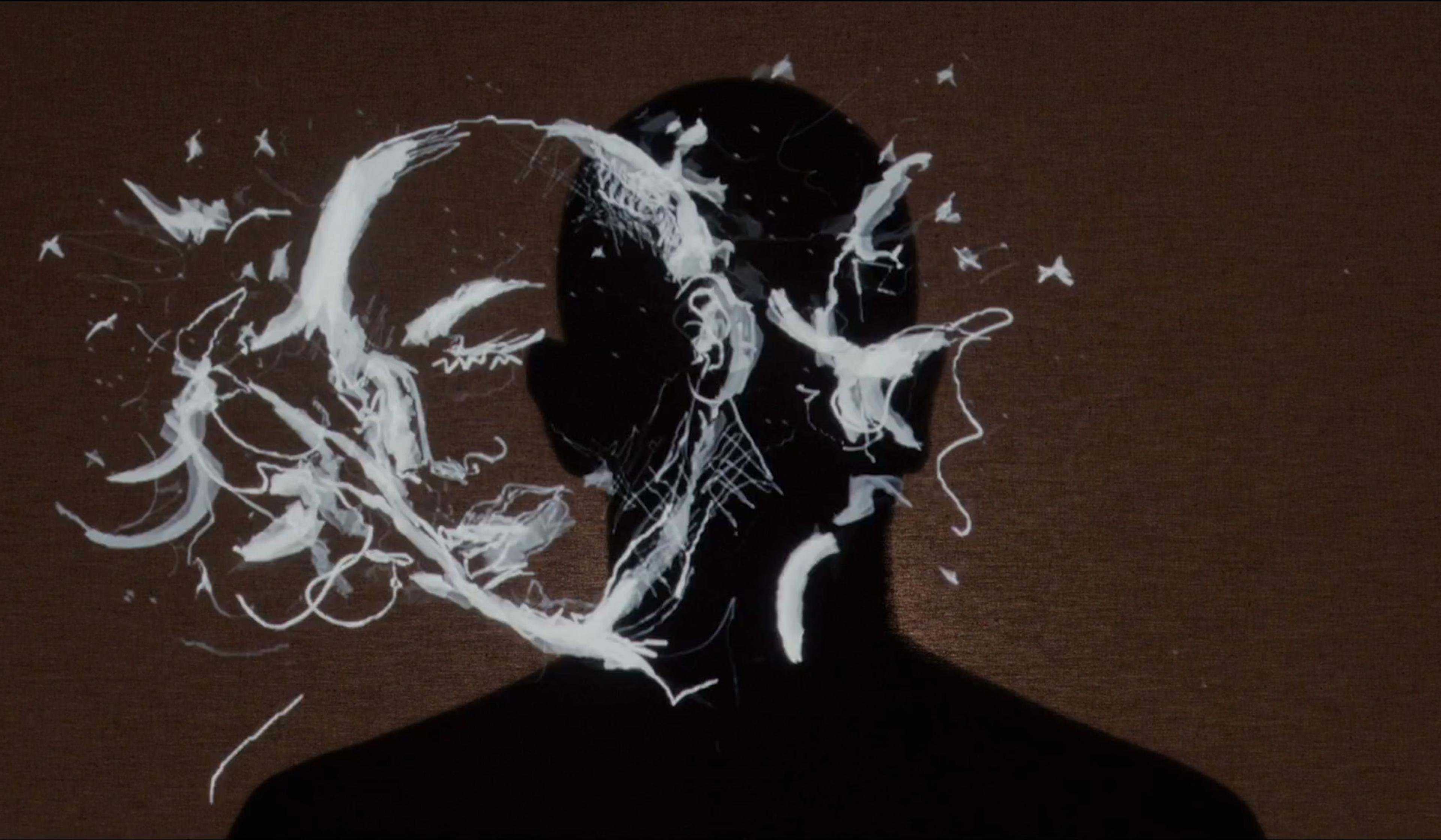Almost 40 years after post-traumatic stress disorder (PTSD) was officially recognised as a distinct mental condition, treating its frequently debilitating symptoms has proven extremely challenging to sufferers and clinicians. The human brain is hard-wired to defend against threats, making little distinction between real and perceived danger. However, Merel Kindt, a professor of clinical psychology at the University of Amsterdam, believes that she has discovered a breakthrough treatment for overactive fear responses. By first exposing patients to their greatest fears and then administering a beta-blocker called propranolol, Kindt says that fear memories can be overwritten and made benign.
This is the second instalment of the US director Lana Wilson’s four-part documentary series A Cure for Fear, which follows patients undergoing this potentially revolutionary treatment. It features Kindt attempting to alleviate the PTSD symptoms of a Canadian veteran of the war in Afghanistan: to trigger the fear memory, he must relive his most traumatic battle experience in harrowing detail via an immersive VR recreation. Watch the first instalment of the series here.








